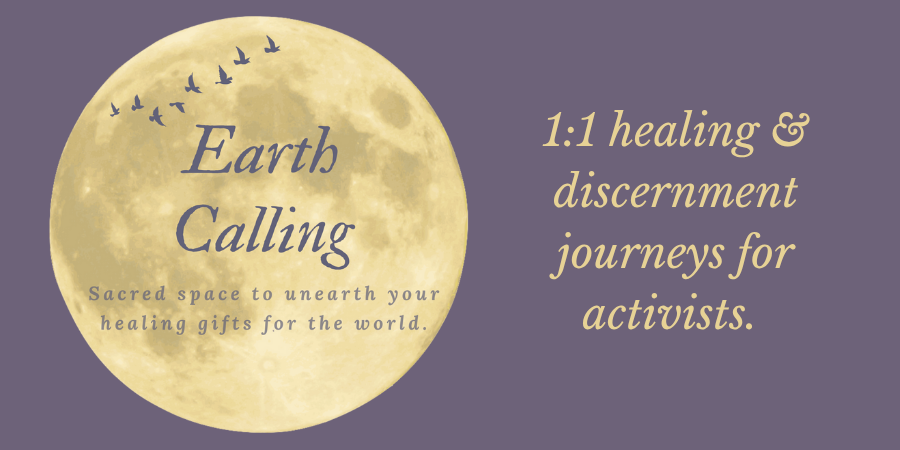Wild & Working Horses
Navigating Late Stage Capitalism with Dignity
I dreamt the other night of a herd of wild horses, held in captivity. Furious, one of the horses towered above me on its hind legs, threatening to strike.
A few days later by happenstance, I found myself riding a horse for the first time in ten years. My last riding experience had been a bad one and it had been so long that I had forgotten how to hold the reins, how to tell her where I wanted to go, how even to sit comfortably on a horse.
My dream fresh in my mind, I knew my horse could turf me off in an instant. Half laughing, half serious, I wondered out loud whether my travel insurance would cover a broken neck.
Fortunately, Fantasy was an exceptionally calm horse, used to handling people like me.
As I settled into the ride, I began to wonder what her experience of me was like. What must it feel like to have a stranger, with no idea how to communicate with you, mount your back without your say so, just so you can cart them round the same field you’ve trodden over and over again.
I wondered if she longed to throw me off and run for the hills, mane flying in the wind, hooves galloping across the dusty terrain. I wouldn’t blame her.
Fantasy stopped abruptly to eat some grass so I attempted to move her on, gently kicking her side, trying to look like I knew what I was doing.
The look she gave quickly silenced me, as though she were asking me, ‘are you serious?’
I was not, and I quickly stopped my pestering and waited until she was ready to move on.
Our uneasy partnership reminded me of how partnerships are often formed under capitalism. A trade off where neither party is fully satisfied. Fantasy had been trained to give me a good time, and in return she would have food, care and shelter. She lives a decent life, although I wondered how much of her own it really was.
And I was seeking something when I mounted her; an experience that touches a sense of freedom and abandon, perhaps. But I had done none of the work of learning the language of horses, and how to navigate the wildness together. Any taste of that I might experience would be an entirely artificial one.
As capitalism so often does, the experience would touch something inside of me enough to awaken desire, but never to satisfy it. Extractive ways of being always leave us wanting more.
In spite of all that, however, Fantasy’s wildness, her essence, was very much still there. It was expressed in the power of her muscles moving beneath me, or in that look as I had tried to rush her. Her wildness could not be taken out of her and I found I respected her deeply.
She may have been a working horse but she knew the conditions of the contract between us, and she would absolutely be holding me to them. She would carry me safely despite my incompetence, but she would not be rushed.
Her dignity beneath the conditions of capitalism spoke deeply to me.
I, like so many people right now, am looking for a way to live my freedom whilst navigating the systems of violence and oppression that dominate the culture I have grown up in. A wild horse life where I can run free, full of abandon and joy. I want space to rest, to heal, to be explore, but I also need to survive, financially and otherwise.
More than that, I am also an activist at heart. So whilst I might find temporary relief in escapism, I will ultimately always find myself returning home to the stable because my work is to tend to the damage of late stage capitalism, which at the moment at least, means engaging with it. It would feel like a self betrayal not to.
What helps is that my work is meaningful to me and for that I am very grateful, but it is nonetheless heavy. It is similar to my experience of motherhood as one of both the biggest joys and hardest responsibilities I’ve ever experienced.
I wouldn’t change it for the world, but some days I need to run for the hills and find my sanctuary! I am steadily learning that dance, but it will be a life long learning too.
So I need both; to run free, unburdened by my cares for the world, and also to return, ready to saddle up and work another day. But that saddling up needn’t mean I lose myself. It is not easy, but it is possible to respond to the pressures of living under capitalism, such as financial needs or the requirement to prove ourselves, with dignity, just as I witnessed in Fantasy.
To stay in touch with our power and wildness, and with the areas of our lives that do remain open for negotiation.
We are all of us both wild and working horses. Some us more released to be free than others, all of us seeking the balance, and none of us fully free without the freedom of the other.


